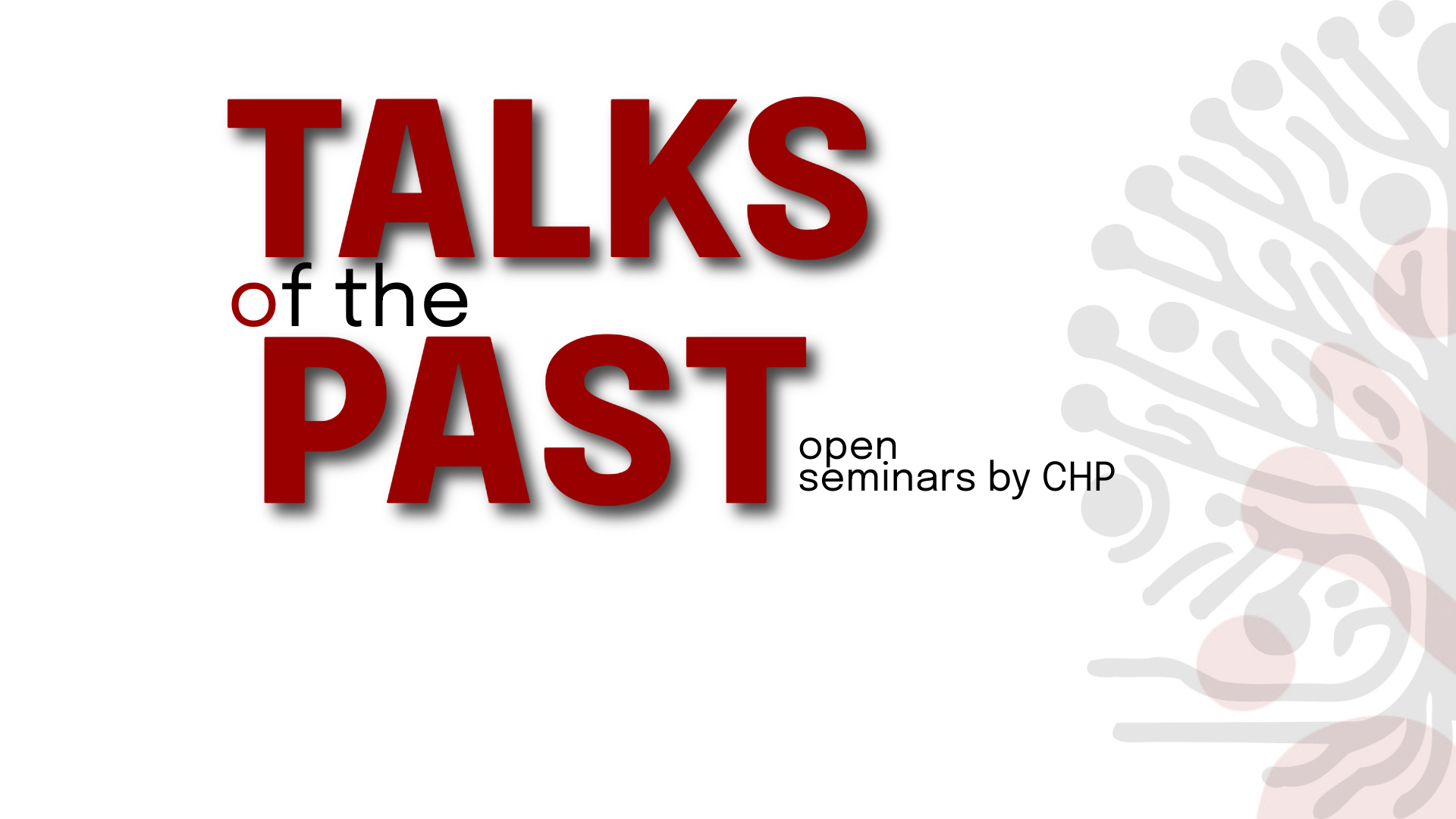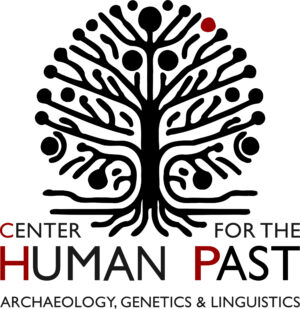
- This event has passed.
Talks of the Past Open Seminar: Talking about food in prehistory: Linguistic evidence for dietary practices in Indo-European, speaker Julia Sturm

Abstract
What did prehistoric peoples eat? This question can be approached through various scholarly disciplines, including historical linguistics. More specifically, historical linguistics methodologies are tools for addressing the question of what ancient peoples discussed when they spoke about food, including sourcing, preparing, consuming, and sacrificing it.
This talk will examine linguistic evidence for the shared foodways of the early Indo-European-speaking peoples (living approximately in the 4th millennium BCE in the Pontic-Caspian steppe). It has long been hypothesised, based on linguistic and philological data, that the early Indo-European speakers were a pastoralist culture, raising herds and consuming, at a minimum, dairy products and meat from domesticated animals. However, what else did they consume? The extent to which these peoples exploited plant material for food is a hotly debated question. Furthermore, the forms of food preparation used by these communities are difficult to trace. It is agreed that preserving meat with salt was a widely used technique in this area at this time, but what of other techniques of preparation and preservation, such as fermentation?
In this talk, Julia Sturm will introduce several open questions regarding early Indo-European foodways and discuss the linguistic evidence for various approaches to these questions. She will also, where applicable, point out correspondences (or non-correspondences!) between the conclusions drawn by linguistics researchers examining these questions and those drawn by scholars employing other methodologies (e.g., archaeological), and discuss future directions for the investigation of this aspect of the culture of early Indo-European speakers.

Julia Sturm is a researcher in ancient and classical Indo-European languages and literatures
